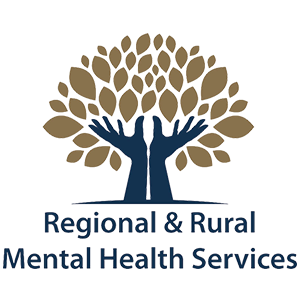ASD
What do the American actress Daryl Hannah, poet Christopher Knowles, actor Dan Akroyd, Vernon L Smith (Nobel Laurette in Economics) and Japanese composer Hikari Oe have in common? They have all been diagnosed as being somewhere on the Austistic Spectrum. Asperger's Syndrome is often thought of as being on the high functioning end of the Autistic Spectrum continuum. We all have many talents, strengths and weaknesses.
Asperger's Syndrome describes a particular pattern of talents and weaknesses. Asperger's Syndrome features include delay in social and emotional development, resulting in difficulties in social interaction with peers and sometimes inappropriate social and emotional behaviour. People with Asperger's Syndrome often seem socially "odd" or "eccentric", have difficulty making and keeping friends and are often teased and bullied as children due to their social naivity. Communication difficulties and speech and language peculiarities are also present, including a delay in speech development, peculiar voice characteristics, comprehension difficulties and in some cases, the use of more formalised language. Non-verbal communication difficulties are also prominant. People with Asperger's Syndrome may appear clumsy, use limited or inappropriate body and facial gestures and often have difficulty with direct eye-to-eye contact. Sensory sensitivity to sound, tastes, aromas, light and touch are also common as are intense interests, and a preference for sameness rather than change. There may also be problems with attention and concentration, and organization and planning difficulties. However, many people with Asperger's Syndrome are highly intelligent, with specific superior cognitive abilities, such as a great eye for detail, original problem solving, exceptional memory, determination and perseverance, encyclopedic knowledge of one or more topics, accuracy and orderliness.
People with Asperger's Syndrome are often loyal and dependable friends, non-judgmental and have a strong sense of justice. These specific talents and strengths often lead to successful careers in science, computer technology, engineering and mathematics.
Recent research suggests that the incidence of Asperger's Syndrome is approximately 1 in 250 in the general population. Asperger's Syndrome is usually diagnosed in early childhood, at school entry, around grade four, in early high school years or in adulthood, but it's presentation varies widely between individuals.
There is no known "cause" of Asperger's Syndrome. It has been observed that in around fifty percent of cases, Asperger's Syndrome or Autism is also present in the immediate or extended family. People with untreated Asperger's Syndrome can find themselves socially isolated and struggling to cope with the confusion and stress they experience with even the simplest day-to-day activities, such as deciding what to wear or getting on a bus. Having Asperger's Syndrome can be like trying to find your way around a foreign country with unreadable signposts, and using directions you can only partially understand.
The goal of treatment and intervention focuses on improving social interaction and developing self-sufficiency. Treatment may include parent education and training, social skills training, training in emotion management skills, speech and language therapy if necessary, specialized education interventions, the development of a positive self-identity, sensory integration training, psychotherapy or behavioral/cognitive therapy, medication where necessary, relationship counseling for adolescents and adults, and supportive counseling for those with Asperger's Syndrome, their parents and partners. Support groups help those with Asperger's Syndrome and their parents and partners learn relevent information, and develop practical, effective strategies and techniques to assist their children and partners to understand and function effectively in their social world with confidence in a supportive and understanding environment.
If you would like to discuss concerns about Autistic Spectrum Disorders and Asperger's Syndrome with a Psychologist, please phone Regional & Rural Mental Health Services on (07) 4637 9989, or contact us via our Contact Form to arrange an appointment to see a member of our team.
